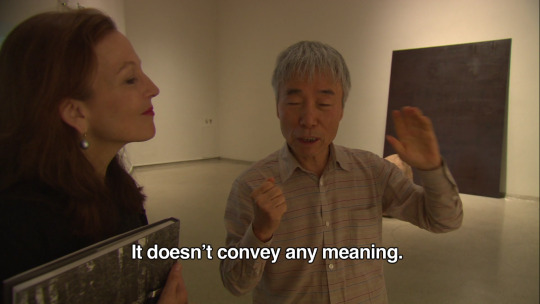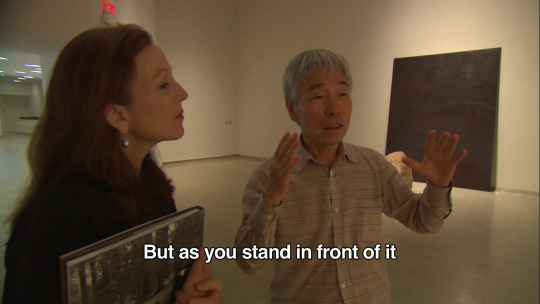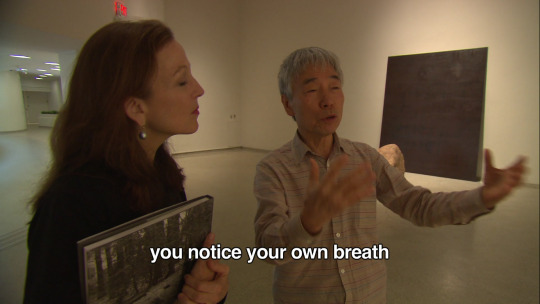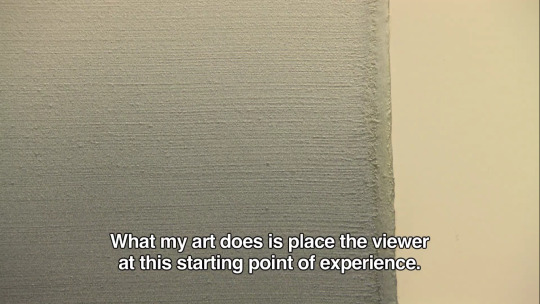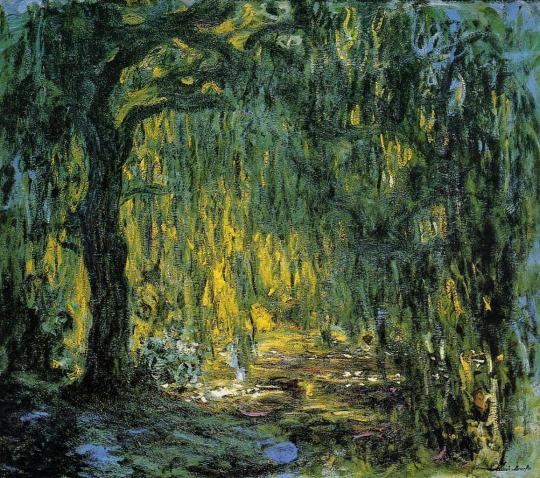Text

A mural of a forest in the South Bronx, New York. Captured by Thomas Hoepker, 1983
Mural Art by Alan Sonfist, 1978. The building still exists, however the mural is no longer there
6K notes
·
View notes
Text
Please don’t say: I discovered there is still a large part of me that is alive. No, my darling! You are entirely alive. It’s just that you’ve lived an irrational life, a life that doesn’t resemble you.
— Clarice Lispector, from a letter to Tânia Kaufmann wr. c. January 1948
2K notes
·
View notes
Text

Seaweed fabric design by William Kilburn, c. 1788 watercolor on paper
5K notes
·
View notes
Text
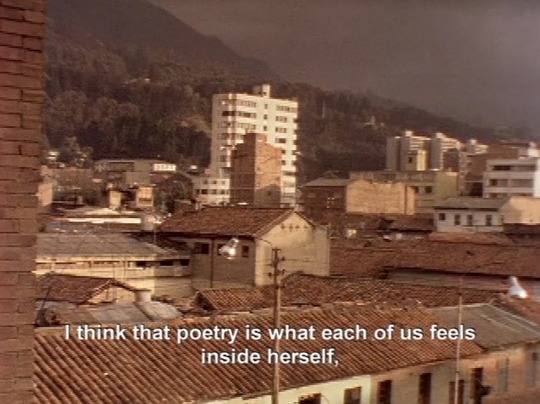
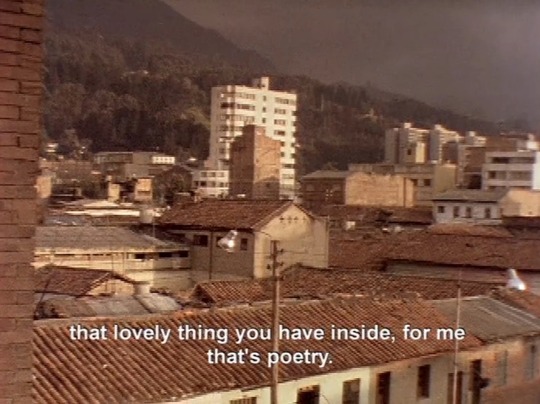
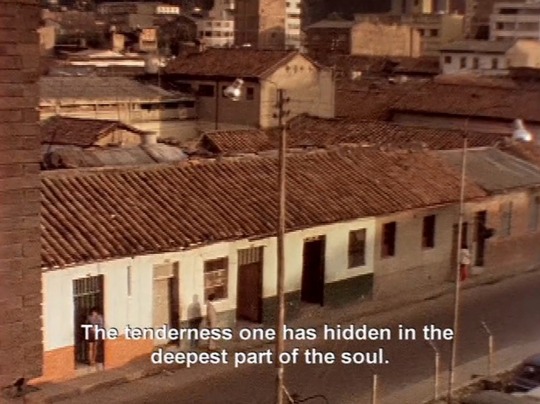
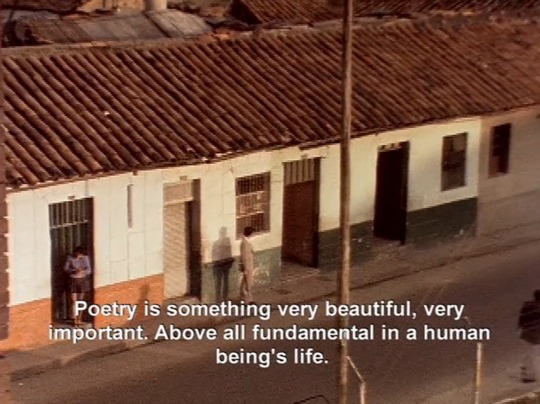
What is Poetry to You? (Cecilia Vicuña, 1980)
In this short film, Cecilia Vicuña asks everyday people what poetry means to them.
1K notes
·
View notes
Text
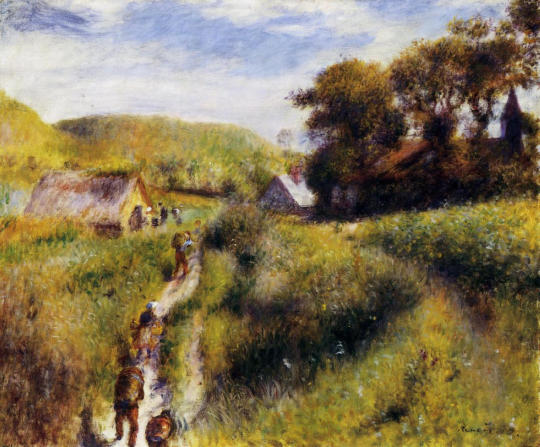
Grape Harvesters (1879) by Pierre-Auguste Renoir
155 notes
·
View notes
Text
“Caravaggio was a heretical painter: his works were rejected or criticized by the Church because of their subject-matter, although certain Church figures defended him. His heresy consisted of transposing religious themes into popular tragedies. The fact that for The Death of the Virgin he reputedly took as a model a drowned prostitute is only half the story: the more important half is that the dead woman is laid out as the poor lay out their dead, and the mourners mourn her as the poor mourn. As the poor still mourn:
“There’s no cemetery at Marinella or Selinunte, so when somebody dies we take him to the station and send him to Castelvetrano. Then us fishermen stick together. We pay our respects to the stricken family. “He was a good man. It’s a real loss, he had lots of good years ahead of him.” Then we go off to tend to our business in the port, but we never stop talking about the deceased and for three whole days we don’t go out to fish. And close relatives or friends feed the mourners’ families for at least a week.”(Danilo Dolci, Sicilian Lives)
Other Mannerist painters of the period produced turbulent crowd scenes but their spirit was very different; a crowd was seen as a sign of calamity—like fire or flood—and the mood was of terrestrial damnation. The spectator observed, from a privileged position, a cosmic theater. By contrast, Caravaggio’s congested canvases are simply made up of individuals living cheek-by-jowl, coexisting in a confined space […] In the daily theater of the underworld everything is close-to and emphatic. What is being “played” may any moment become “for real.” There is no protective space and no hierarchical focus of interest. Caravaggio was continually being criticized for exactly this—the lack of discrimination in his paintings, their overall intensity, their lack of a proper distance.”
–John Berger, And Our Faces, My Heart, Brief as Photos
1K notes
·
View notes
Text


Konstantin Andreevich Ukhtomsky, The Small Winter Garden in the Apartments of Alexandra Fyodorovna from Types of Rooms in the Winter Palace, c 1870s, watercolor.
4K notes
·
View notes
Photo

Benjamin J. Young, ‘One Last Walk With Izzy’ Watercolour on Paper, 51 x 34cm
802 notes
·
View notes
Photo

Anne-Marie Zanetti, (Australian, b. 1965) “Abundant”, oil on linen, 85 x 145 cm
38K notes
·
View notes
Text

Joy Sullivan, from “Almonds”, Instructions for Traveling West
1K notes
·
View notes


